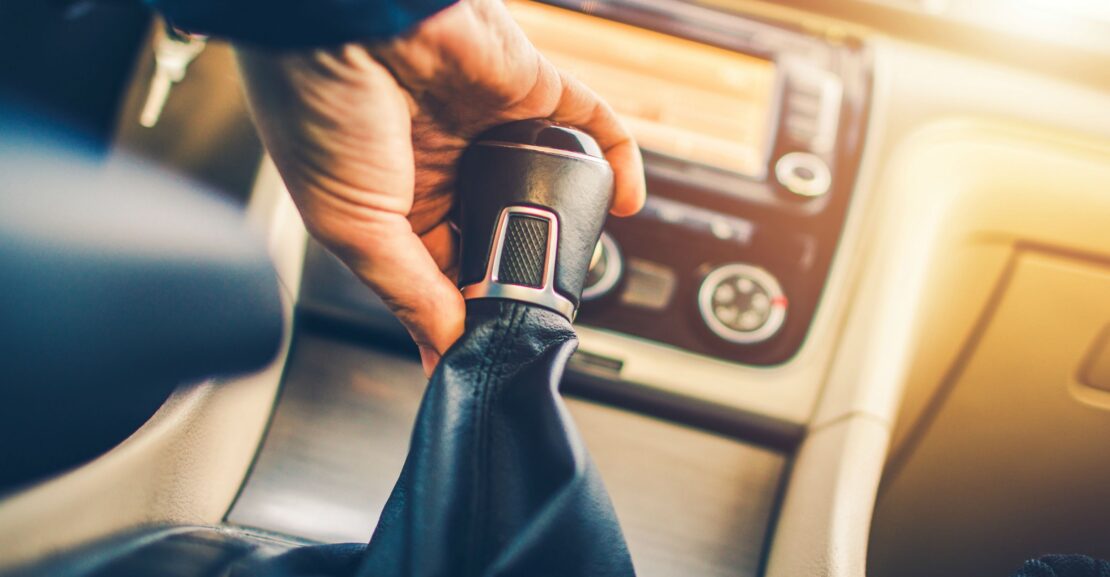Precautions While Driving a Manual Transmission Vehicle:
Opting for a Manual transmission vehicle provides a vastly different driving experience and that of its automatic counterparts. Some May even consider driving a manual to b a test of a real driver; however, the way you drive a manual car not only significantly affects its life span but yours as well, and several fatal mistakes should be avoided when opting for a manual transmission car from lazy shifting maneuvers destructive car modifications and even poor driving skills there are countless ways that you could unintentionally obliterate your manual transmission so here are the things that you should never be done in a manual transmission car.
1: Never rest your foot on the clutch pedal:
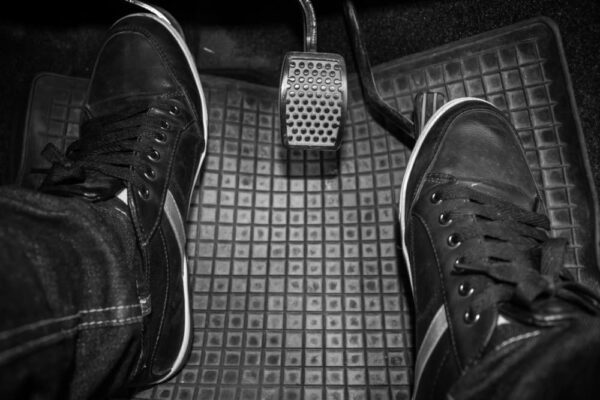
some drivers are inclined to drive with their foot resting on the clutch pedal; let’s put this in the simplest terms possible, your clutch is not a resting place for your foot even though you think there is no pressure being applied there most certainly is, and its one of the worst mistakes that you can make while driving a manual transmission car. When you rest your foot on the clutch pedal, your foot forces the clutch pedal down and then causes it to take up the slack; this, in turn, causes the clutch friction discs to slip, creating heat and ultimately wearing out your clutch. Resting on your foot on the clutch pedal also causes the clutch release bearing to be in contact with the clutch cover, creating more friction when there doesn’t need to be, over time this will lead to ear-piercing noises and complete failure of your clutch, which is a costly repair so what does all this mean, I will tell you what it does, I have to bill when you eventually need to replace your clutch not only this has caused the clutch to wear out prematurely, but it also reduces fuel efficiency costing you thousands of dollars at the pump. Riding the clutch will often immensely short in its life, and it’s a dangerous habit to have; the telltale sign that you are causing harm to the clutch is a distinctive burnie smell coming from the clutch blades as they slip on the gearbox shaft if you do notice the smell adjust your footing accordingly.
2: Never brake without engaging the clutch:
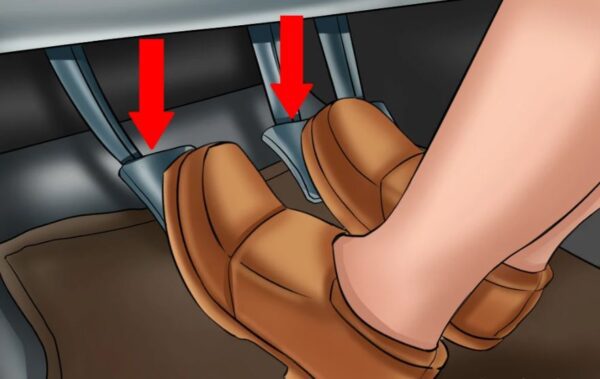
Usually, as you brake and decelerate, the engine’s rpm will decrease with the car, and if it gets too low, the vehicle will stall; hence it’s essential to engage the clutch before this happens, so why does a manual transmission car stall, stalling a car is most common in manual vehicles. It’s due to the nature of how the manual car works when the clutch is engaged, i.e., you are in gear, and your foot is off the clutch to disconnect the engine with the transmission; once the engine and transmission are connected, they must have the same rpm or revelations per minute which is determined by what gear you’re in. If the car begins to slow, but you don’t change down to a lower gear, the engine starts to struggle, which is when you experience bucking sensations as the engine begins to stall, gently press the brake pedal to start slowing your car, then depress the clutch pedal to disengage the clutch unless you are in first gear in which case depress the clutch followed by the brake.
3: Never leave your car in neutral when parked:
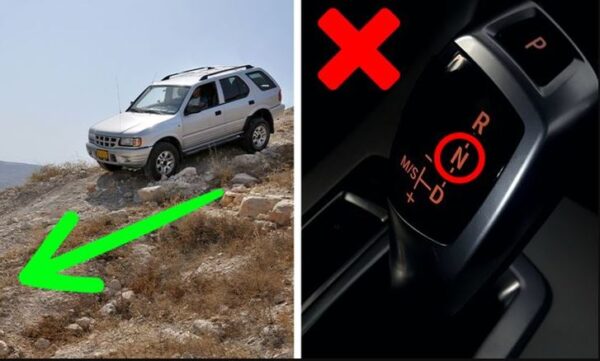
When driving a car with an automatic transmission, you always put the car in park when you are not driving it; however, in a manual transmission putting it in first gear or reverse when the car is facing down the hill is just like putting the car in park, it’s a typical habit to leave the car in neutral and to use the emergency brake. In contrast, you should always use the emergency brake; it’s possible that it can fail at some point, and your car will end up rolling. To prevent this, leave the car in first or reverse gear. It could save you from heartbreak and money.
4: Never grind the gears:
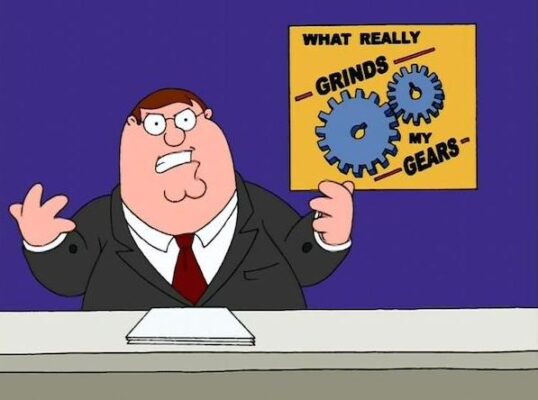
Grinding gears in a manual transmission car is an unpleasant sound and experience for sure; it never feels good when shifting gears, and you hear and usually feel that awful grinding noise. It’s not suitable for the transmission and may leave the gears themselves; this typically occurs when manual drivers are either coasting in neutral and trying to put the car into gear without first disengaging the clutch, engaging the clutch halfway into gear, or try to shift without disengaging the clutch when the revs aren’t matched, anyone who is driving a manual transmission vehicle will probably grind the gears when shifting every once in a while which is okay sometimes, however, if you do it all the time and push your car hard with aggressive shifting carrying heavy loads or crazy driving, terrible things will eventually happen. It’s the perfect recipe for causing clutch and transmission damage.
5: Never leave your car and gear out of red lights:

It made it if you stopped at traffic lights do you wait with your clutch down first gear engaged and your foot on the brake even though you told by your driver instruction that it’s a cardinal sin as well as wearing out your leg muscles you are also putting needless strain on the clutch when you keep your car in gear while stopped, you’re maintaining the bearings against the diaphragm and spring similar to riding the clutch, your cars clutch designed to disengage and re-engage quickly not to be continuously disengaged, it is much better to put your car in neutral and apply the hand brake to keep it stationary. When you put your car in neutral and not have it in gear at a light, then the clutch is spared unnecessary wear and tear.
6: Never release the clutch too soon:
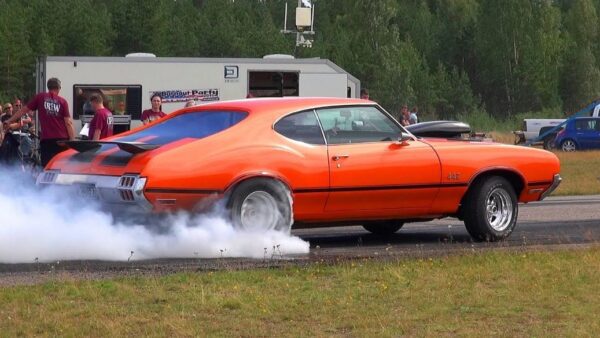
Ideally, you will want your car to ride as smoothly as possible; releasing the clutch too early will make your vehicle jerk while putting excessive pressure on the engine and transmission. This overheats the clutch, which can do severe damage over time. This is a common problem with first-time manual drivers, while with regular driving; however, finding the biting point of your car’s clutch becomes seconds nature, and you will be able to control the car without stalling or jerking it most of the time anyway, as even the best of us can get it wrong some times.
7: Never floor your vehicle when engine revs are low:
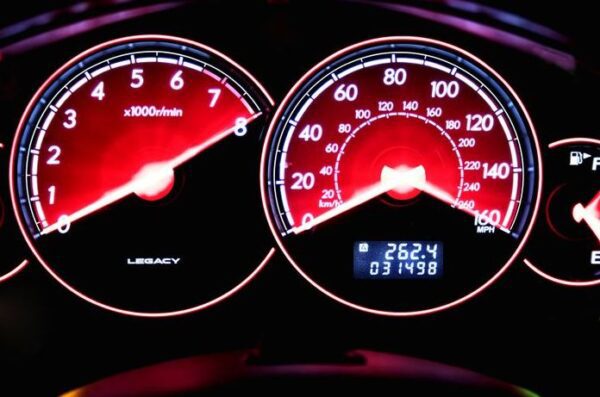
If, for instance, you are travelling at 40 miles per hour in fifth gear, it is not a good idea to suddenly start flooring the accelerator pedal; when you do this, you’re sending your vehicle a mixed message, at low RPMs, your car thinks it should be sitting back and relaxing whereas your foot is telling it to work hard, this is what’s called lugging the engine, this costs the undue engine stress which will eventually take a toll on its health, if you need a build-up speed you are better off gently applying the accelerator pedal or shifting down the gears before putting your foot down, you can even skip a couple of gears if need be, as long as you rev-match a technique to prevent shock through the transmission when you are gearing down as you are driving a car for the first time you should have developed a natural feel for which gear matches certain speeds and RPMs, bottom line don’t lug the engine it will cause significant problems for you in the long run.
8: Never use the clutch to hold your car on a Hill:
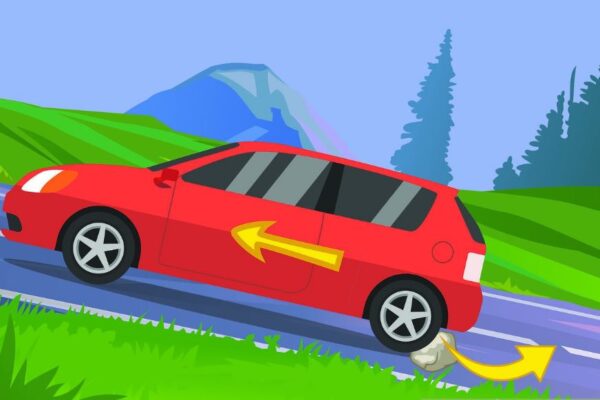
If you have to stop behind traffic while going up on the hill, you will need to make sure that your vehicle doesn’t start rolling backwards. Many drivers will do this by holding on to the clutch biting point to keep themselves steady on the incline. By doing this, you are burning up the friction material on your clutch disc, as the clutch will be spinning at one speed while the engines pressure plate is moving at another; what’s more, you could also find your self rolling back into somebody behind you if you don’t find the biting point in time, apply the hand brake to keep your car still until its time to move off. These days many manual cars come with hell hold assistance technology; this will hold the car stationary for a couple of seconds after the brake is released, giving you time to move the foot to the accelerator without the car rolling back.
9: Never use an incorrect gear to gain speed:
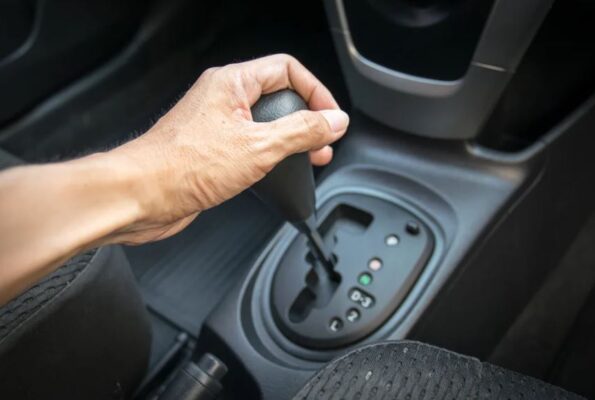
The higher gear of your manual car lets you cruise at a higher speed at a low engine rpm and thereby saving you feel; however, to gain momentum, you will need to go through the gears progressively to prevent the engine from the undue strain you may strain the engine in two ways.
First, it might be using a lower gear at a higher car speed, causing the engine to redline, it is better to progress in a higher gear before reaching the red line, or when the gear indicator tells you to do so, you may also strain the engine if while driving in a higher gear you floor the throttle to gain speed, due to the gearing disadvantage it would not only take you a long time to reach a higher speed, but it would also put the engine under a lot of strain, it is better to drop the gear than to floor the throttle and shift into a higher gear for cruising, so to sum it all up you should always be driving in the correct gear using.
10: Using the clutch and brake in the winter:
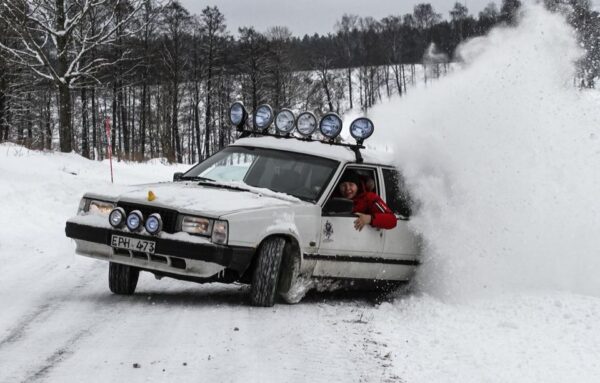
In the winter, you shouldn’t push the clutch pedal together with the brake pedal. In this case, the wheels can get blocked, and the car will be put into a drift, which you would want to avoid.
11: Never slip your clutch:
Slipping your clutch is one of the fastest ways to destroy your manual transmission; clutch slipping is a term for what manual drivers do when they slowly lift their foot off the pedal to engage the clutch but don’t fully engage it, and they leave it hovering in a weird grey area. You might do this while easing your way into gear; you also might do this while stopped on a hill, so when you restart your car, you don’t roll back you might do this inadvertently while shifting into higher gears, but whenever you do it will destroy your clutch, even if some clutch slipping as minimal as you can stand it is necessary like when you are starting the first gear from a stop the reason when you clutch slip everything heats up. All that heat on your clutch can fry it; if you do it for too long, it can destroy your clutch in the space of a few hours.
12: Resting your hand on the gear stick:
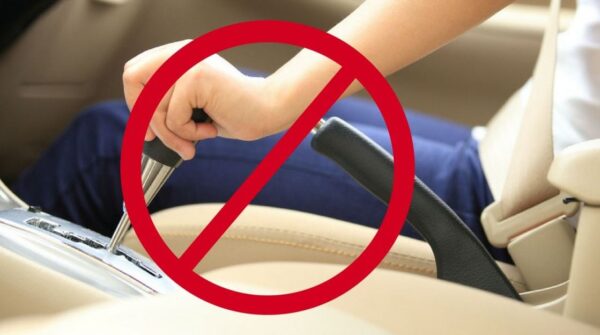
Many people have the habit of resting their hand on the gear stick while driving; this shouldn’t be done for several reasons; the most obvious is that you need both hands to steer, another harmful effect is that such small yet constant pressure on the gearbox turns it into kind of a cocktail shaker displacing synchronizers and gears, this, in turn, leads to problems with shifting whether you own an automatic or manual car. A transmission that is now working correctly can cause serious issues both under the hood and out on the road; furthermore, transmissions are very complex and have many moving parts, so this bad habit can easily cost you a lot of money in transmission repairs.
13: Never coast in Neutral:
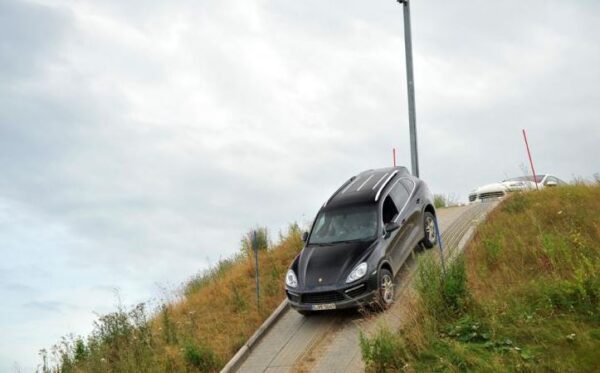
You might think this is gonna save you some gas and this some what makes sense, you are drivng down hill so why not let gravity take over by putting the car in neutral but in reality it’s the opposite, today’s modern vehicles are designed in such a way that they save fuel even if the gears in drive, they cut the fuel supply when going down whill, secondly and most importantly putting your car in neutral while driving down the hill actually puts you in danger, it reduces your ability to control the vehicle and are sure that the last thing that you want when going down hill in neutral you only be able to slow donw and not speed up during an emergency maneuver but the problesm don’t stop there, doing this also cuts the cars oil supply so the trasnmision doesn’t get the proper lubrication for smooth operation, this results in significant wear and damage which can cost you an arm in la, furthermore your cars engine runs at its lowerst rpm and the oil pump works slowest when you move in neutral as a result the engine doesn’t cool down as well as it should and could actually fail due to over heating.
Well, guys, those are things you should never do in a manual transmission car.

